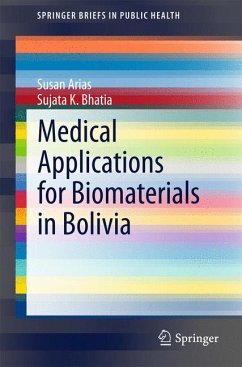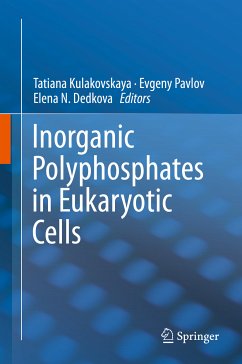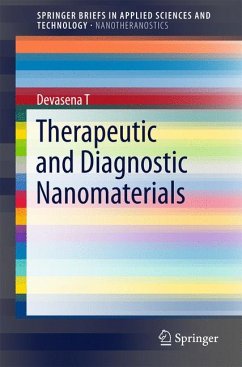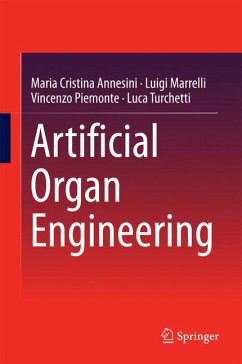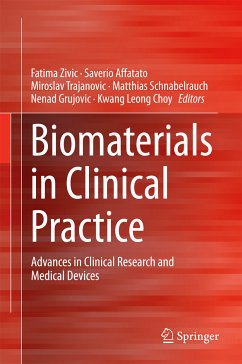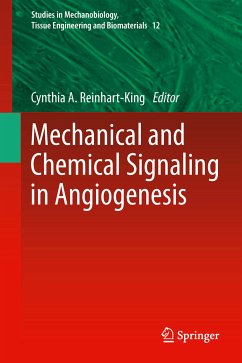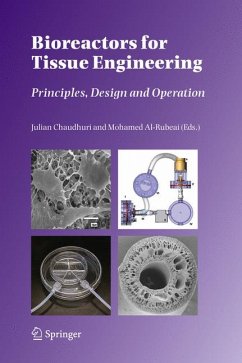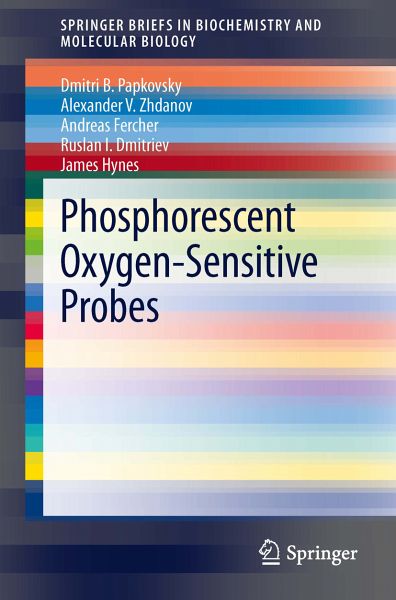
Phosphorescent Oxygen-Sensitive Probes (eBook, PDF)
Versandkostenfrei!
Sofort per Download lieferbar
40,95 €
inkl. MwSt.
Weitere Ausgaben:

PAYBACK Punkte
20 °P sammeln!
Biological O2 sensing probes and measurement techniques were first introduced in the late 80s. In the last 3-5 years they have undergone major development that have made them available and affordable for a broad range of applications in various disciplines of the life and biomedical sciences. These new chemistries and technologies, which are significantly different from the majority of other fluorescence-based probes and detection techniques, have already demonstrated their high utility. This book will provide a systematic overview of the existing and emerging O2 sensing technologies in their ...
Biological O2 sensing probes and measurement techniques were first introduced in the late 80s. In the last 3-5 years they have undergone major development that have made them available and affordable for a broad range of applications in various disciplines of the life and biomedical sciences. These new chemistries and technologies, which are significantly different from the majority of other fluorescence-based probes and detection techniques, have already demonstrated their high utility. This book will provide a systematic overview of the existing and emerging O2 sensing technologies in their different modifications, a practical guide to their rational selection and use, and examples of biological applications/case studies, including details on how to set up and conduct such experiments, troubleshoot and interpret the data.
Dieser Download kann aus rechtlichen Gründen nur mit Rechnungsadresse in A, B, BG, CY, CZ, D, DK, EW, E, FIN, F, GR, HR, H, IRL, I, LT, L, LR, M, NL, PL, P, R, S, SLO, SK ausgeliefert werden.




